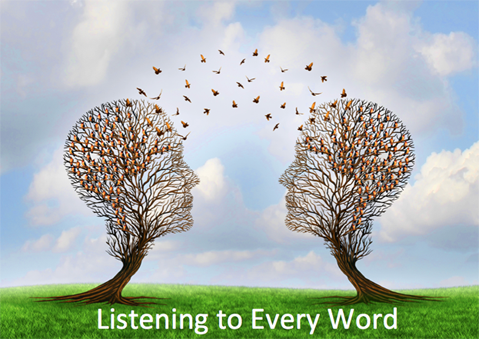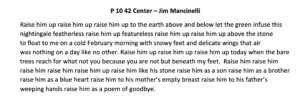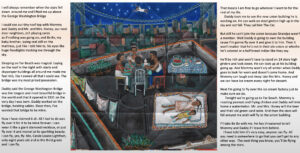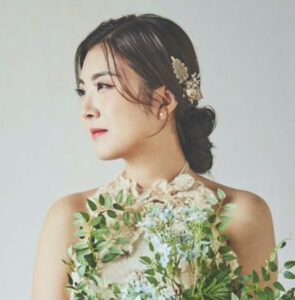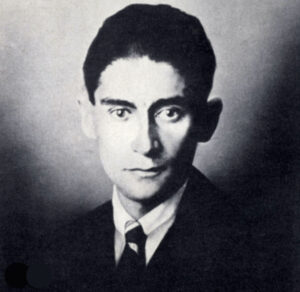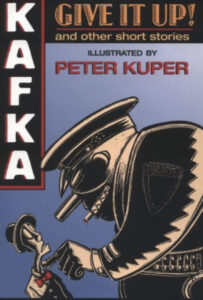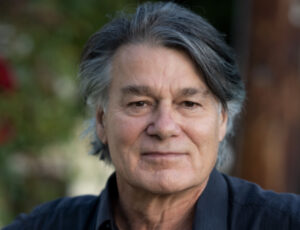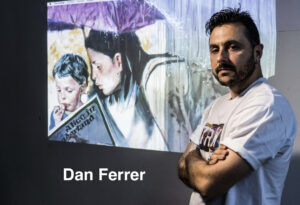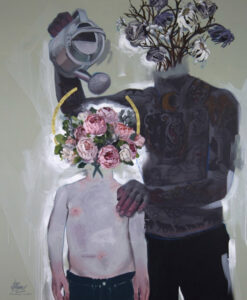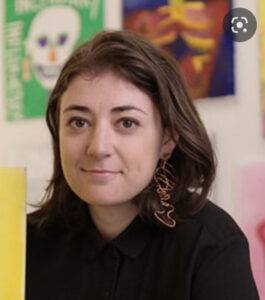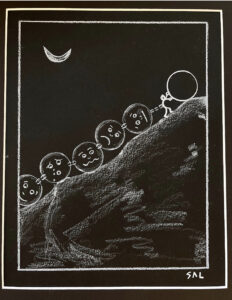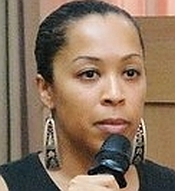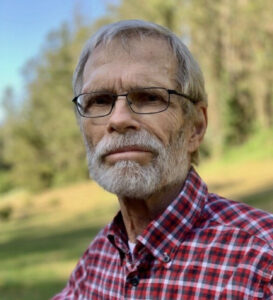
Excerpt from “Ordinary Deaths: Stories from Memory” by Samuel LeBaron
The next day, Mom leaves her cleaning and sits down on the floor
where I am playing. She looks into my eyes. “Do you know where your name came from?”
“No,” I say. I don’t know what she means anyway. If my name came from somewhere that means that I came from somewhere. I thought my name and I have always been here.
She leans toward me so close I feel her look into the inside of me.
“You were named after your grandpa. My papa. But your name also came from the prophet Samuel. It means ‘called of God.’ When the prophet Samuel was a little boy, he woke in the night and thought he heard a voice call him. He tried to go back to sleep but he heard somebody call his name again and again. Finally, he got out of bed and went into his parents’ bedroom. ‘Did you call me?’ asked Samuel. ‘No,’ his mother told him. ‘You heard the voice of God call you. Next time you hear that voice, listen to it and follow what it tells you.’
“So, Samuel listened to the voice of God after that, and that’s how he grew up to become a prophet. I want you to always listen to the voice of God. If you hear it call to you, you can follow in the path of the prophet and become a great man like your grandpa.”
I stare into her face. She smiles, then hugs me, so I think I should
agree. I nod and say, “Okay.” Then she gives me another hug. It’s a
long hug. It seems like a pretty good thing. All I have to do is wait for a voice to call.
After that, I realize I often hear something call me. Sometimes it’s the wind in the trees or against the windows; sometimes it’s the cry of a bird far away. It comes through my ears, or my eyes or skin, the way I see colors or feel the sensation of cloth or wood or snow. I’m not always sure.
Sometimes I sit still in the middle of the kitchen floor while Mom
is busy. Through the window I see leaves and tree limbs and sky.
Branches waving. The sky sometimes gray and cold, or full of rain
or snow. The more I listen, the more I hear whispers and voices.
Sometimes there are whispers inside the walls or the ceiling. Little
whispers in snowflakes that stick to a window.
When that happens, I look up at Mom as she washes dishes or stirs food in a large bowl on the counter. I wonder if she hears any of these voices. But she never turns to ask, “Did you hear that?” so I don’t tell her.
Reflective writing prompt:
Write about a voice or sound only you can hear.
